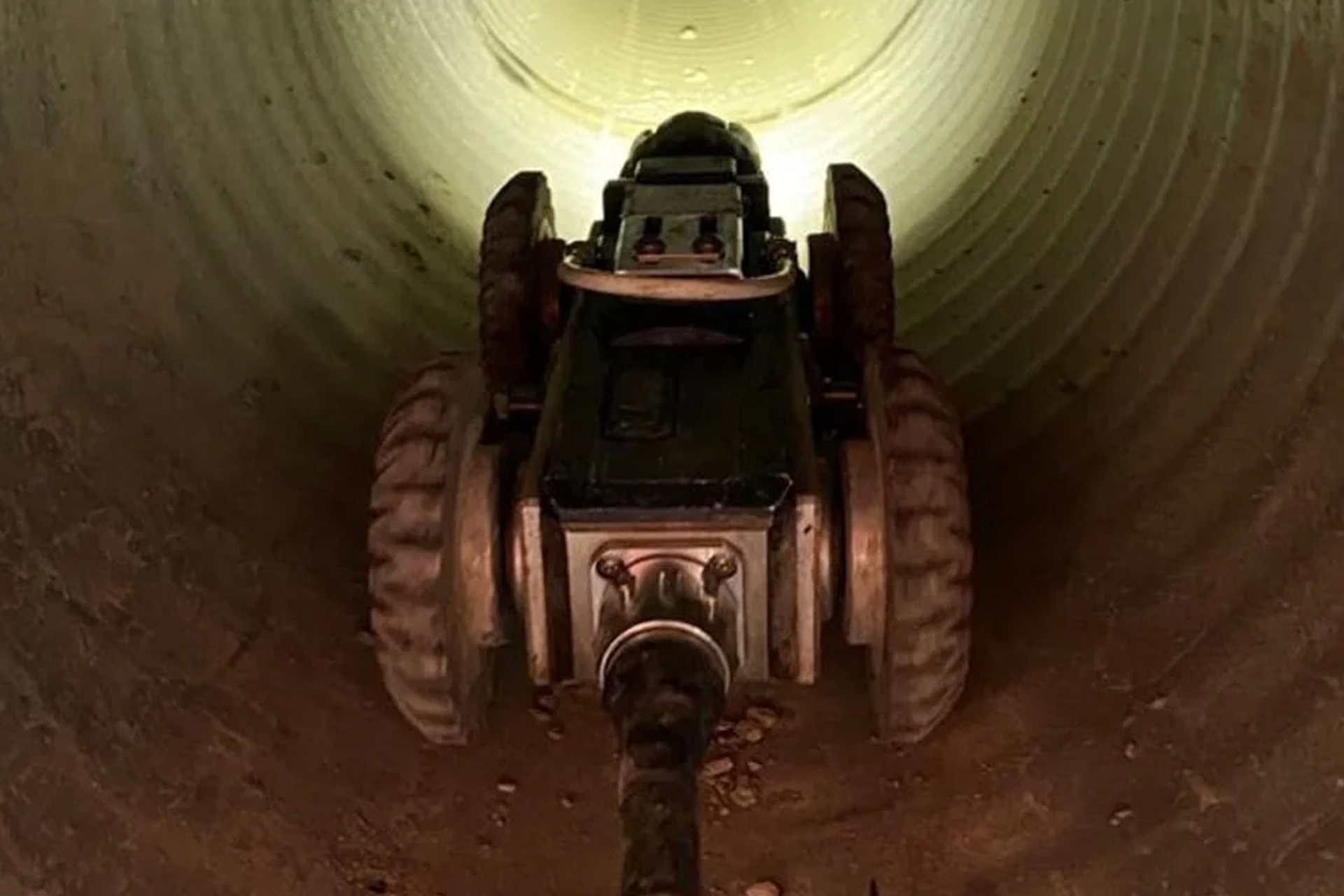Some Ideas on Reclaim Waste You Need To Know
Some Ideas on Reclaim Waste You Need To Know
Blog Article
Reclaim Waste Fundamentals Explained
Table of ContentsHow Reclaim Waste can Save You Time, Stress, and Money.Fascination About Reclaim WasteReclaim Waste for Beginners5 Simple Techniques For Reclaim WasteA Biased View of Reclaim Waste
Residential sewage waste refers to the waste and items from a domestic septic storage tank. The correct monitoring and disposal of residential sewer waste require liquid waste to be transferred to a sewer therapy plant where the correct techniques and equipment are applied to purify and dispose of waste.
Industrial waste commonly consists of prospective dangers, such as flammable materials or a combination of fluid and strong waste products, and requires an extra innovative and in-depth disposal process. The disposal of commercial waste usually includes the filtration of waste before transport to make certain risk-free and proper disposal. Hazardous waste is produced from results and drainage of commercial procedures and production.
This sort of waste can not utilize the same sewage management transport or procedures as septic or commercial liquids. The hazardous waste monitoring process needs the assessment and testing of fluid waste before it goes through the disposal process (liquid waste removal melbourne). Overflow waste is the liquid waste that originates from runoff and excess stormwater in extremely inhabited locations or cities
Drainage waste can cause contamination and flooding if not managed effectively. Making certain correct waste monitoring can prevent catastrophes and minimize ecological harm.
Reclaim Waste Things To Know Before You Buy
Get in touch with PROS Solutions today to find out about our waste management and disposal services and the appropriate methods to look after the fluid waste you produce.
(https://reclaim-waste-48112599.hubspotpagebuilder.com/reclaim-waste/expert-liquid-waste-removal-and-disposal-services-your-complete-guide)Do you understand what takes place to your water when you end, flush the bathroom or drain pipes the washing device? No? Well, it's worth recognizing. This supposed 'wastewater' is not just an essential resource however, after therapy, will be launched to our land, rivers or the sea. Utilized water from bathrooms, showers, bathrooms, kitchen sinks, washings and industrial procedures is recognized as wastewater.

water utilized to cool down machinery or tidy plant and tools). Stormwater, a kind of wastewater, is runoff that flows from farming and metropolitan areas such as roofing systems, parks, yards, roadways, courses and seamless gutters right into stormwater drains pipes, after rainfall. Stormwater moves neglected directly to local creeks or rivers, eventually getting to the sea.
Reclaim Waste Can Be Fun For Everyone
In Queensland, most wastewater is treated at check here sewage treatment plants. Wastewater is carried from residential or industrial websites through a system of sewers and pump terminals, called sewage reticulation, to a sewage treatment plant. City governments develop, keep and run most sewage therapy plants. Operators are accredited under the Environmental Protection Act 1994 to release cured wastewater at an acceptable environmental standard into waterways.
The Division of Natural Resources encourages city governments about handling, operating and preserving sewerage systems and therapy plants. In unsewered locations, local federal governments might need owners to install private or home sewage therapy systems to treat residential wastewater from bathrooms, cooking areas, shower rooms and washings. The Division of Natural Resources authorizes the use of house systems when they are proven to be efficient.
In some brand-new class, therapy of some stormwater to get rid of litter, sand and crushed rock has actually begun making use of gross toxin catches. Wastewater therapy occurs in 4 stages: Gets rid of strong matter.
Wastewater after that streams right into huge tanks where solids settle and are removed as sludge. Oil and scum are skimmed from the surface area. Uses little living organisms recognizes as micro-organisms to damage down and remove staying dissolved wastes and great fragments. Micro-organisms and wastes are integrated in the sludge. Eliminates nitrogen and phosphorus nutrients that might cause algal blooms in our waterways and endanger marine life.
Things about Reclaim Waste
Nutrient removal is not readily available in any way sewer therapy plants since it requires costly specialised tools. It is ending up being extra common in Queensland. Clear liquid effluent created after therapy may still have disease-causing micro-organisms. If this effluent is released right into waterways such as rivers or the sea, the micro-organisms will at some point die out.

This typically implies wastewater has to be treated or impurities eliminated before it can be released to waterways. Many wastewater moves right into the sewerage system. Under the Act, neighborhood federal governments carry out authorizations and licences for ecologically relevant activities (Ages) entailing wastewater launches that might have a regional impact. The division provides authorizations and permits to Periods including wastewater launches that might have a local or statewide influence.
The smart Trick of Reclaim Waste That Nobody is Talking About
Otherwise, samples are considered laboratory analysis. Often many tests are needed to develop the degrees of each of the different pollutants such as oils, heavy steels and chemicals in water. Monitoring supplies factual details about water quality and can confirm that permit problems are being fulfilled. The details obtained through monitoring provides the basis for making water quality decisions.
Report this page